By Heidi Merika BHSc.Nat
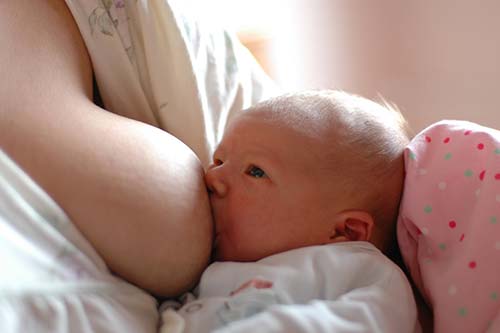 Breastfeeding can be a beautiful time of connection between mother and child. It is now well recognized that breastfeeding provides optimal nutrition for infants that not only nourishes them in infancy but establishes healthy nutritional foundations that will serve them for the rest of their lives.
Breastfeeding can be a beautiful time of connection between mother and child. It is now well recognized that breastfeeding provides optimal nutrition for infants that not only nourishes them in infancy but establishes healthy nutritional foundations that will serve them for the rest of their lives.
Even though the benefits of breastfeeding are so well recognized, according to the World Health Organization, only 50% of women will continue breastfeeding without any supplemental feeds until their baby is 6 months old. This is largely due to the mismanagement of severe pain and complications that arise during breastfeeding, particularly in the first weeks after a baby is born, which can be so debilitating that women can be put off breastfeeding altogether.
Using herbal medicines either as a primary treatment or as an adjunct to conventional medicine can dramatically improve treatment outcomes, speed healing time, minimize physical damage to the breast and reduce emotional trauma to the mother and child.
An important part of postpartum care is that women have the support they need to get breastfeeding right from the start. A caring lactation consultant, midwife or doula, with experience in successful breastfeeding, can be there to support the mother to achieve successful attachment. This is a key factor in preventing a cascade of problems that can occur if attachment is wrong from the start.
Improper attachment can lead to cracked and damaged nipples that provide an opening for infection (often with staphylococcus, occasionally with streptococcus), to enter the breast leading to mastitis. The pain associated with feeding from cracked nipples can also lead to mother’s consciously or subconsciously reducing feeding times. This leads to insufficient drainage of the breast, which causes milk to accumulate in the breast and increases the likelihood of bacterial infection, which again leads to mastitis and in worst-case scenario’s, abscesses.
Mastitis can be so painful and debilitating that the pain and stress diminishes milk supply. As a result, supplemental milk is introduced which disrupts maternal milk production and can lead to ongoing problems with milk supply.
Mastitis treated with antibiotics can also lead to thrush in the mother, baby or nipple (or all three if things go badly). It is not uncommon to have a simultaneous staph and/or candida infection while having mastitis.
Skin conditions like eczema or dermatitis can also commonly affect the breast and cause pain and discomfort during feeding. By treating these atopic skin conditions you reduce the likelihood of complications arising from the damaged shin becoming infected. An anti-inflammatory diet, herbs and supportive nutrients can help heal these conditions and minimize risk of complications.
Blocked ducts are another common cause of discomfort during breastfeeding that if untreated can lead to mastitis.
Of course any of these things can and do occur on their own as well.
After my first daughter was born I was personally unfortunate enough to have the whole shebang! A mutilated nipple followed by a staph/thrush infection, severe mastitis and loss of milk supply! I was completely overwhelmed by the speed, intensity and pain of these complications and despite being a naturopath ended up on a number of antibiotics. However I am pleased to say that even though it was very traumatic I was able to recover and continue to breastfeed successfully for nearly two years.
By the time my second daughter was born I was well armed from before her birth with every remedy I might need to assist with breastfeeding. Although I still had a couple of bouts of mastitis they were treated quickly and effectively and never progressed into anything I was unable to handle myself.
My favorite herbs that can be used during breastfeeding to support healing and minimize the likelihood of severe complications include:
- Cracked nipples – Calendula (calendual officinalis) (topical)
- Infected nipples(either fungal or bacterial) – Golden Seal (hydrastis canadensis) (topical), Calendula (calendual officinalis) (topical)
- Mastitis – Echinacea (echinacea purpurea/angustifolia), Poke root (phytolacca decandra), Wild Indigo (baptisia tinctoria)
- Diminished milk supply – Fenugreek (Trigonella foenum-graecum), Goats Rue (galega officinalis), Fennel (foeniculum vulgare), Raspberry leaf (rubus idaeus)
- Blocked ducts – Lecithin (made from soy or sunflower oil), Andrographis (andrographis paniculata), Fenugreek (Trigonella foenum-graecum)
- Maternal stress – Chamomile (chamomilla recutita), Passionflower (passiflora incarnata), Vervain (verbena officinalis)
When using herbs in the treatment of breastfeeding disorders it important to seek professional advice from someone with some experience in this area. It is important because problems of the breast often occur simultaneously and can be difficult to accurately diagnose. Problems of the breast can also become serious very quickly and need to be monitored closely by someone who knows when medical intervention is needed. Dosage and treatment protocols also need to be provided by someone who is aware of the multiple factors affecting treatment such as age, weight, other medications and other health complications in both the mother and infant.
With proper care and support women are given the best possible chance of being able to continue to successfully breastfeed for as long as they choose.
©Heidi Merika BHSc. Nat.
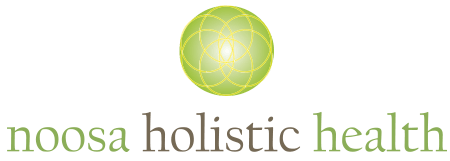
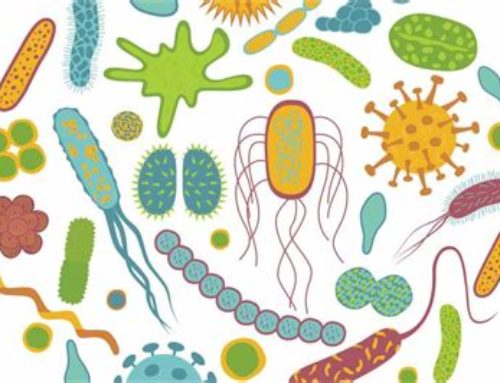
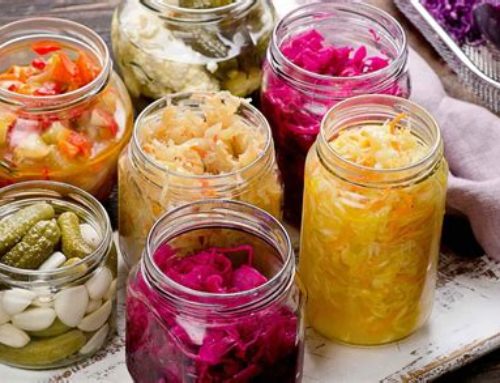
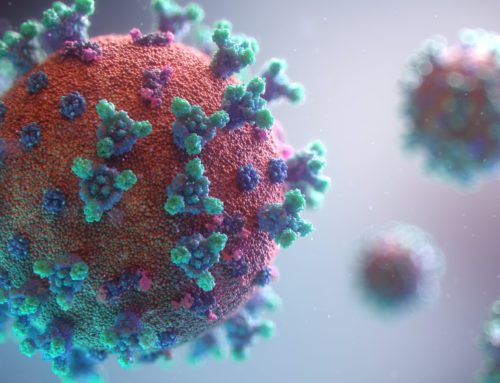
Leave A Comment